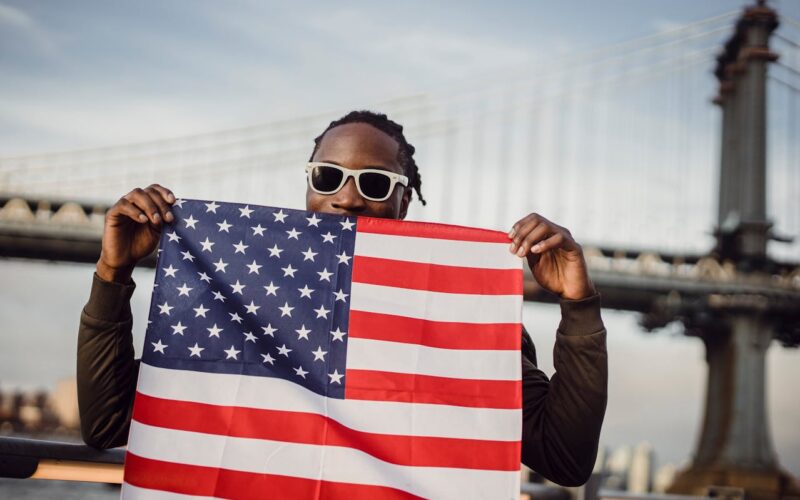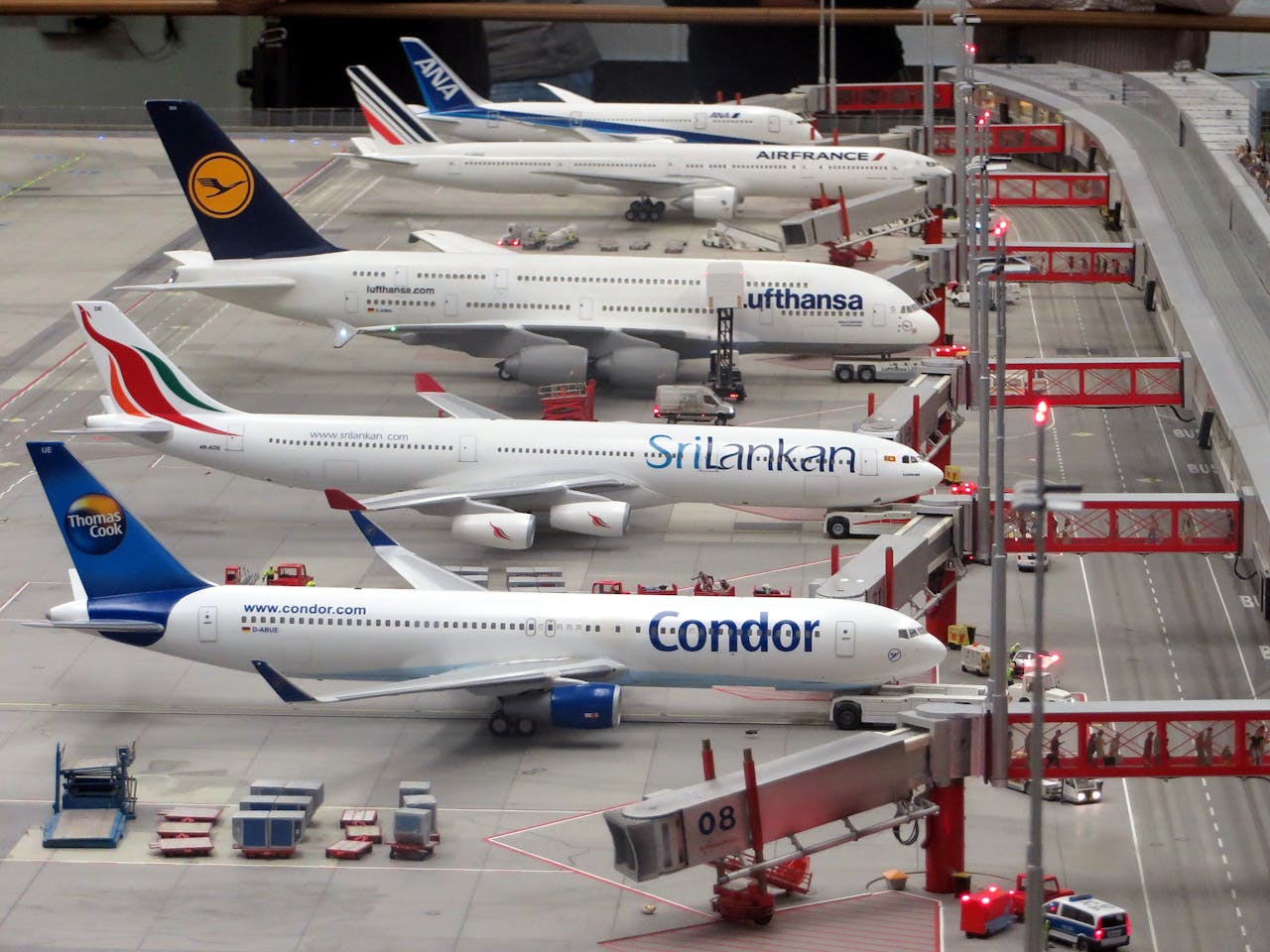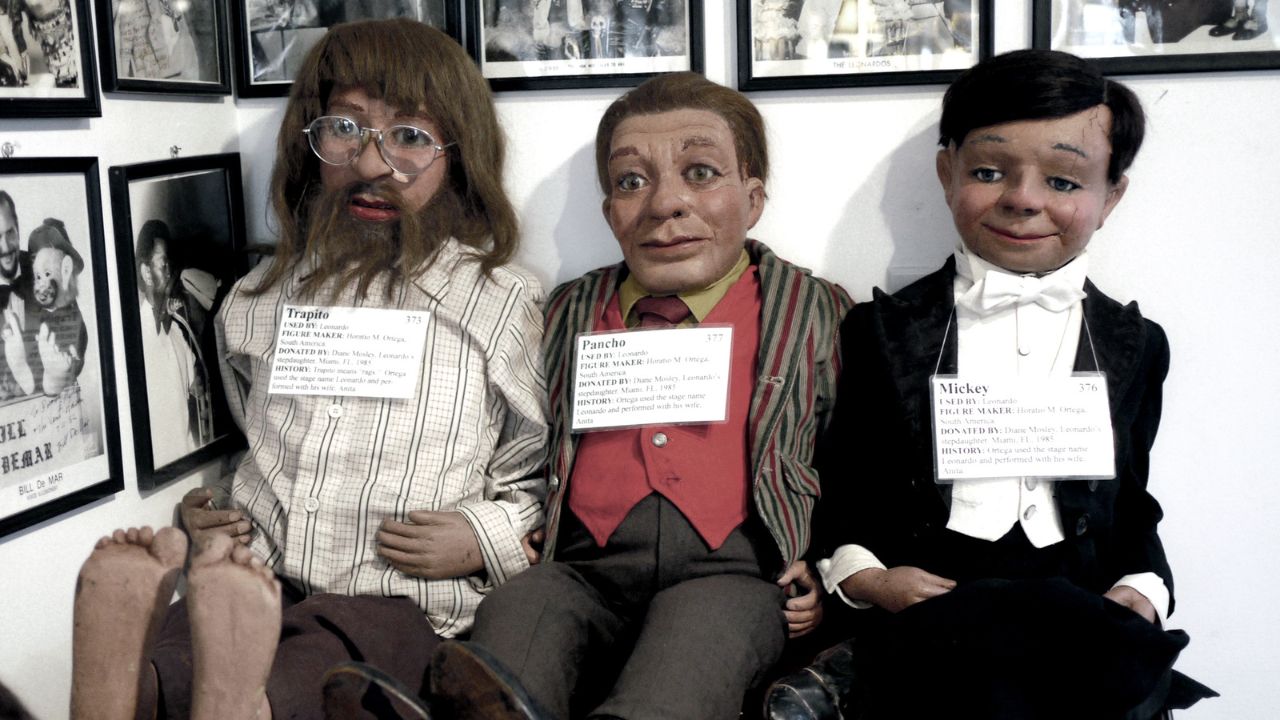Traveling abroad is exciting, but cultural missteps can sour the experience fast. Some phrases that seem harmless back home may offend, confuse, or reinforce stereotypes overseas. From discussing money to making comparisons, words carry different meanings across borders. Avoiding common verbal pitfalls shows respect and makes your trip more enjoyable. Whether you’re in a bustling city or a quiet village, cultural sensitivity goes a long way. Before your next adventure, learn the seven things you should never say while traveling internationally.
1. “This Is So Cheap!”
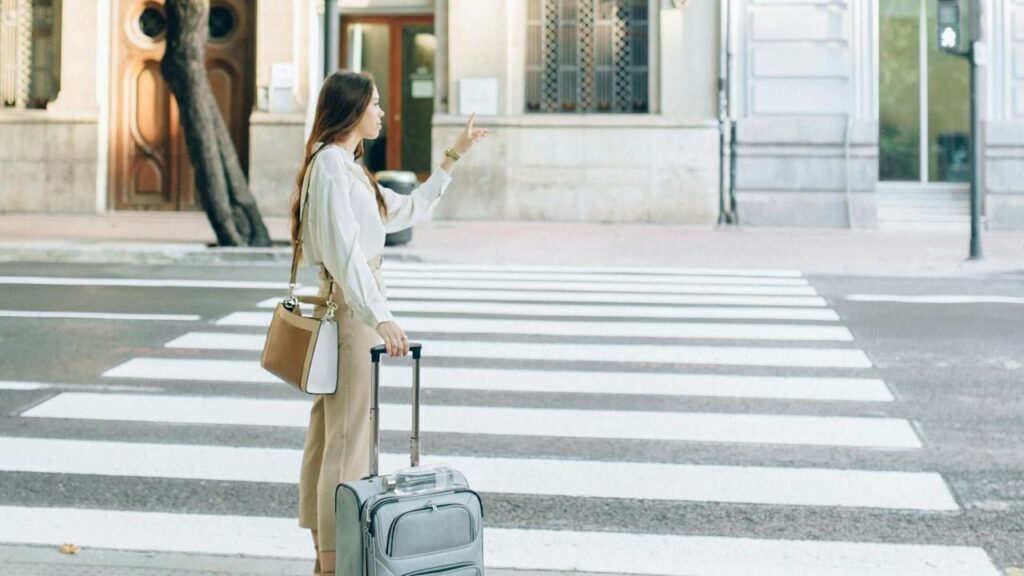
What sounds like praise at home may come off as insensitive abroad. Saying something is “cheap” can imply it’s of low value or that you’re flaunting your money. Locals may see it as patronizing, especially in developing regions. Instead, consider saying it’s “great value” or “affordable.” That shows appreciation without sounding superior. Respect the pricing norms of the country you’re visiting, and remember that cost perceptions vary worldwide. A little tact when discussing money shows cultural awareness and humility.
2. “Back Home, We Do It This Way”
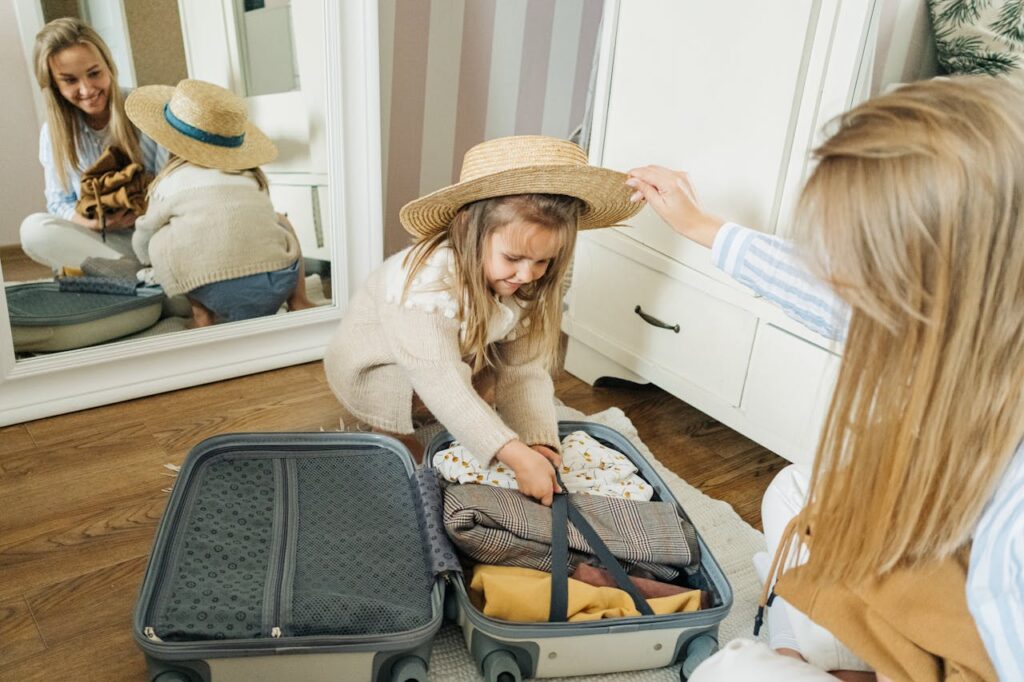
This phrase often sounds dismissive, as if other countries are doing things incorrectly. Constant comparisons make you seem closed-minded and culturally arrogant. Instead of highlighting differences in a negative light, embrace the local customs and learn why things are done differently. Asking questions instead of making statements shows curiosity rather than criticism. Travel is about experiencing new ways of life, not clinging to your own. Celebrate diversity, and you’ll likely receive warmth and respect in return.
3. “Everyone Here Speaks English, Right?”
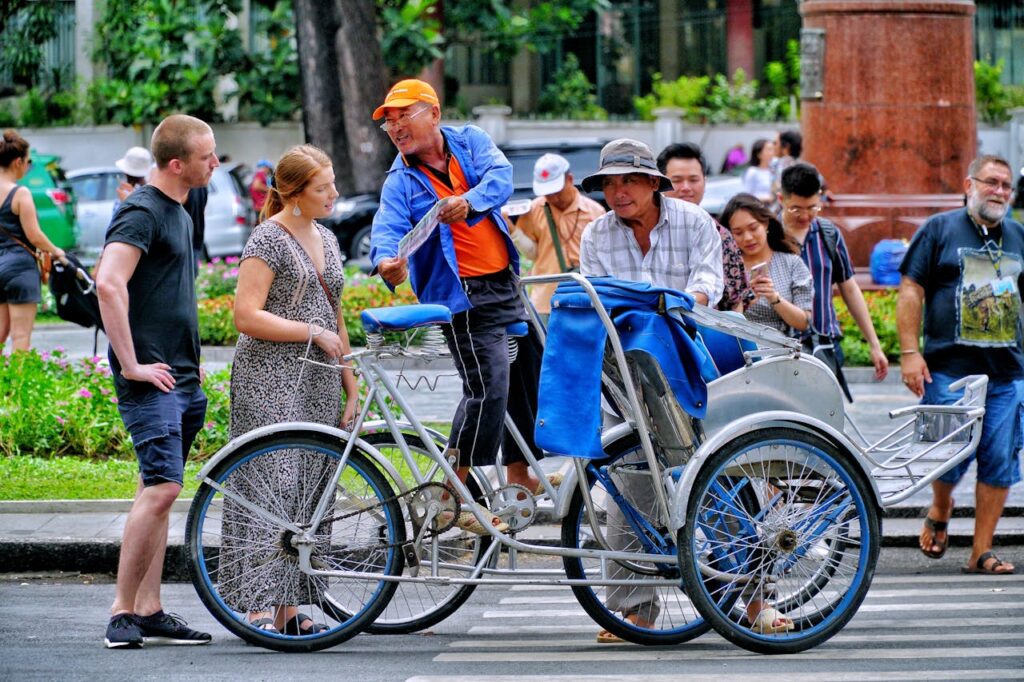
Assuming locals should speak English comes off as entitled. Even in touristy places, not everyone knows or feels comfortable using English. Expecting it can feel disrespectful to those who value their language and culture. Make an effort to learn basic greetings or phrases, it shows good will and appreciation. Carry a translation app or phrasebook if needed. Communication barriers can lead to great stories, but only if approached with patience and humility. Respect goes beyond words, it starts with intent.
4. “Isn’t This Dangerous?”
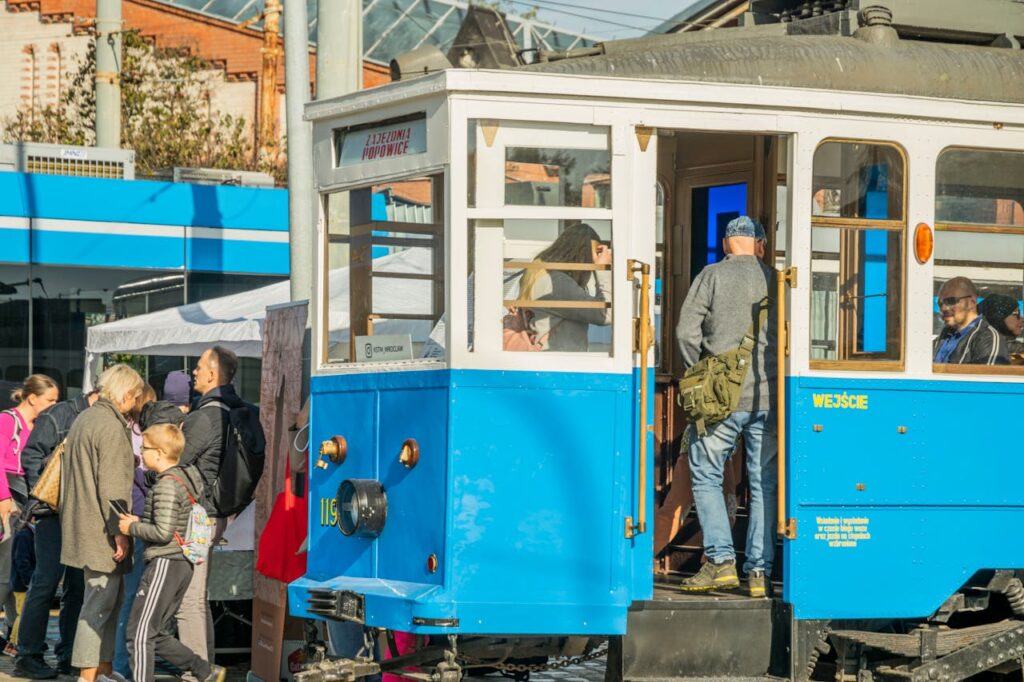
Asking about safety in public implies that a place or its people are unsafe, which can offend locals. This question reflects bias and feeds into harmful stereotypes, especially in countries often misunderstood by the media. If you’re truly concerned, research quietly or ask someone privately. Don’t blurt it out at dinner or while touring. Instead, focus on learning and engaging with the place authentically. Most places are safer than you think, especially when you act with respect and awareness.
5. “This Food Is Weird”
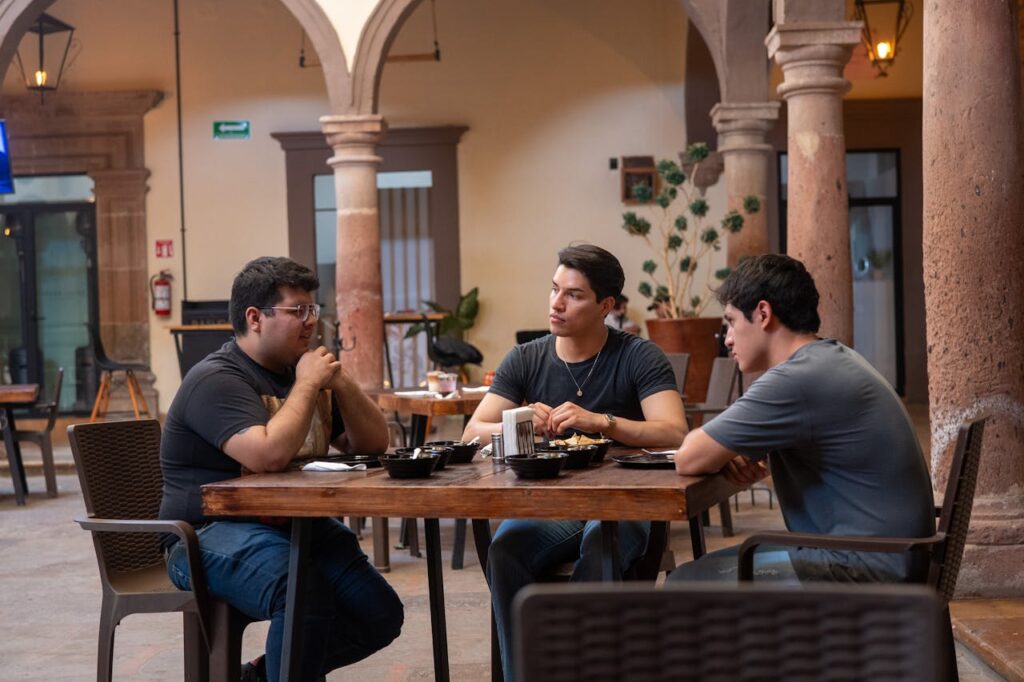
Labeling food “weird” is one of the quickest ways to offend someone abroad. Cuisine is deeply tied to cultural identity and pride. Even if a dish is unfamiliar or challenging to your taste, calling it weird dismisses the tradition behind it. Try using words like “unique” or “new for me” instead. You don’t have to love every dish, but showing respect for what’s on your plate shows maturity and open-mindedness. Food is often how cultures share their stories, be a good listener.
6. “Do You Know [Famous Person]?”
![“Do You Know [Famous Person]?”](https://pub-47c5c21e53814e8a8e1024b19488867f.r2.dev/2025/08/pexels-kirandeepsingh-19078371-1024x683.jpg)
It might seem like a fun conversation starter, but asking locals if they know a celebrity or someone random from their country is awkward. It suggests their country is small or that everyone’s connected, which is rarely the case. A better approach is to ask about popular local figures, traditions, or events. It shows real interest in the culture instead of relying on clichés. Treat every person as unique rather than a representative of their country’s entire population.
7. “That’s Not How We Do It in America”
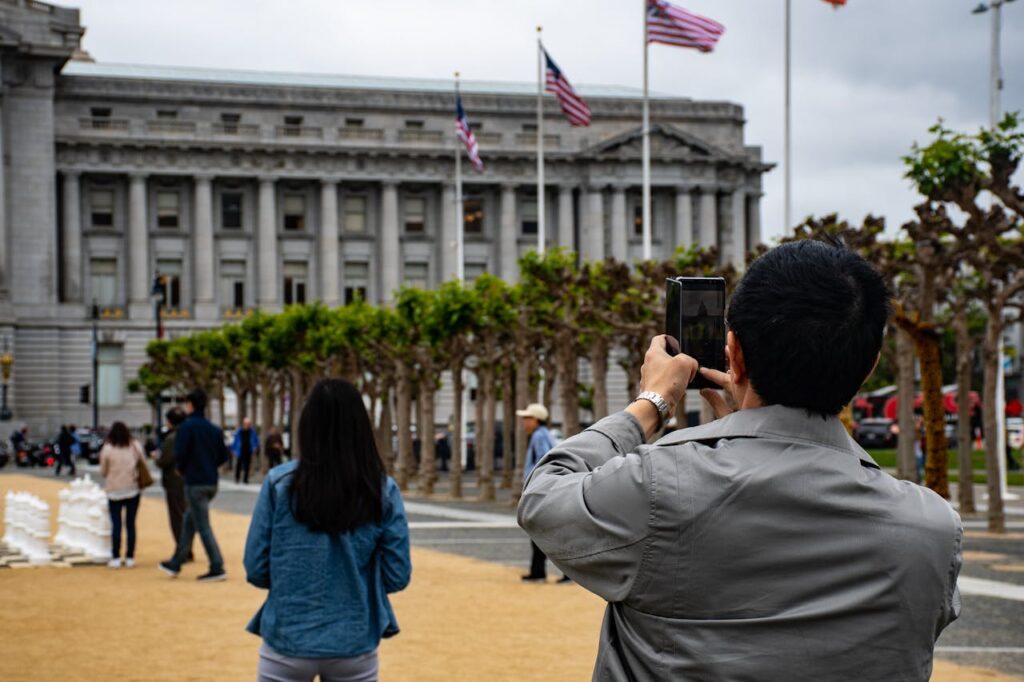
This phrase oozes condescension and cultural superiority. It immediately sets a tone of criticism rather than curiosity. Traveling should be about learning how others live, not pointing out how they’re different from what you’re used to. Instead of complaining, ask why things are done a certain way. This opens up dialogue and often leads to fascinating insights. Every culture has its reasons and logic. Respect them, and you’ll have a much richer travel experience filled with connection and growth.
